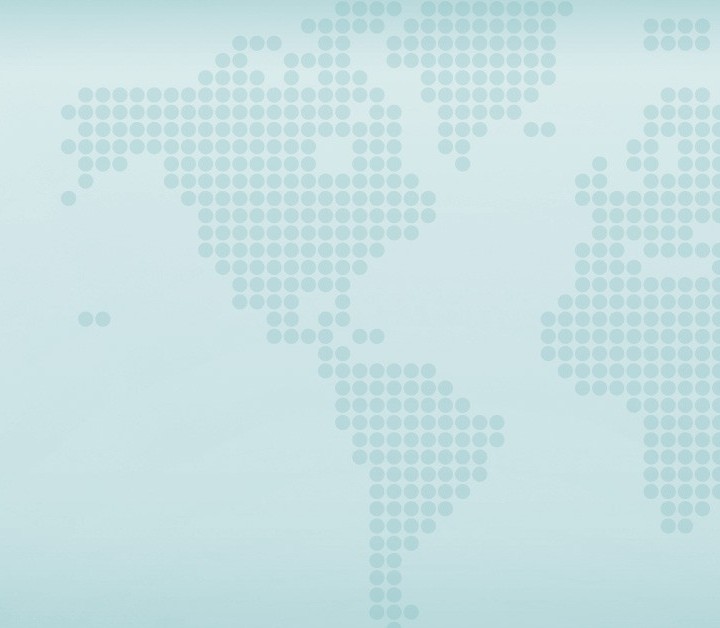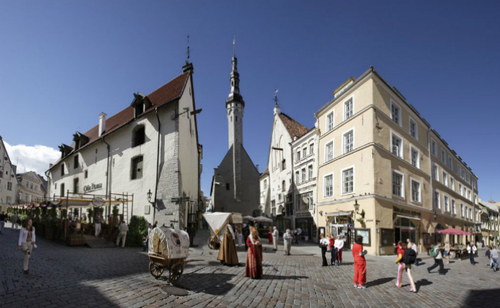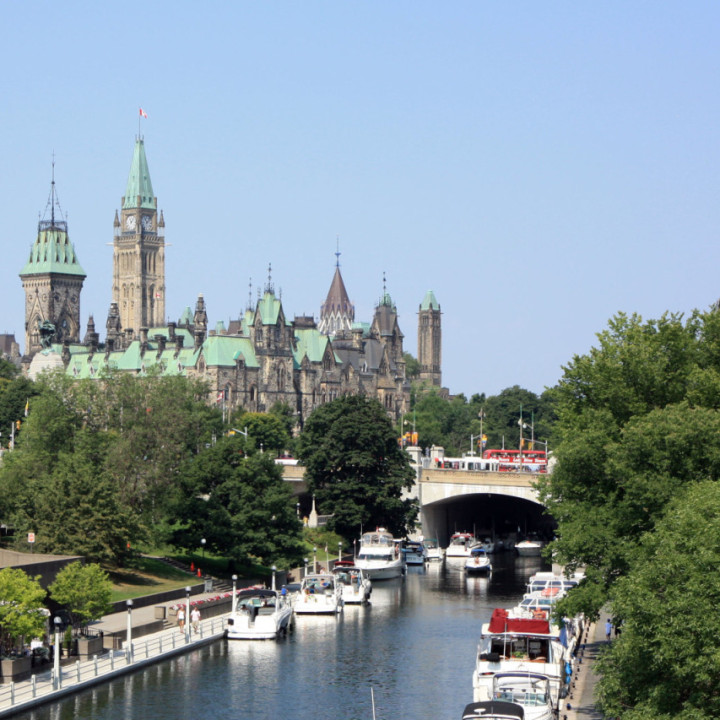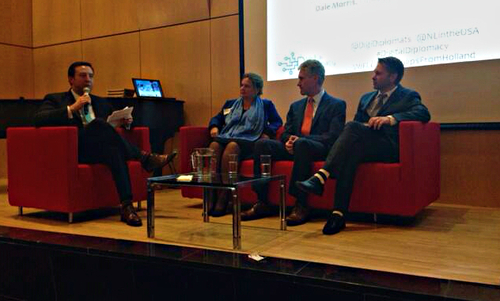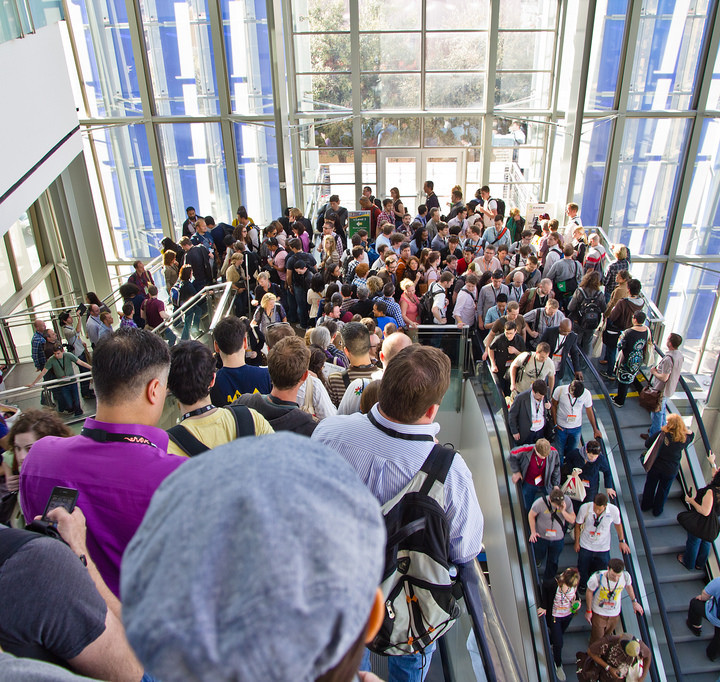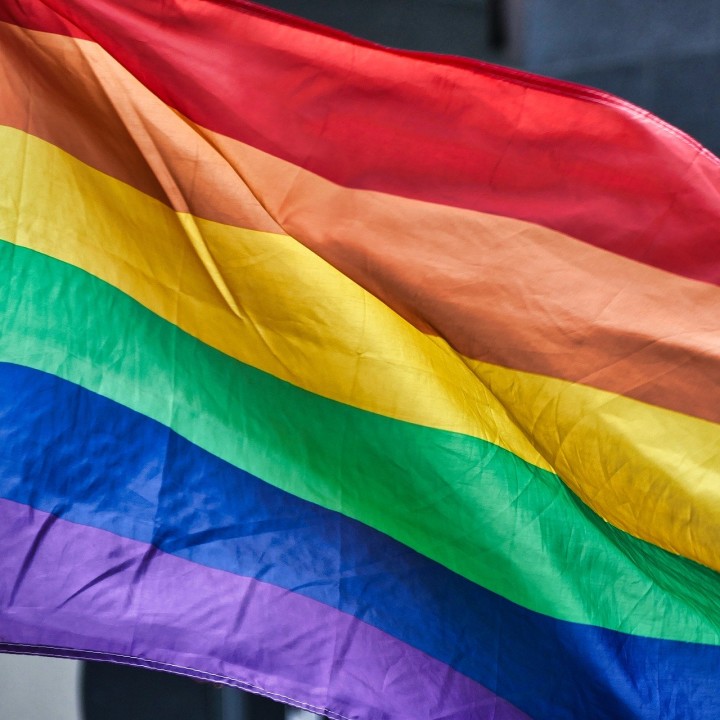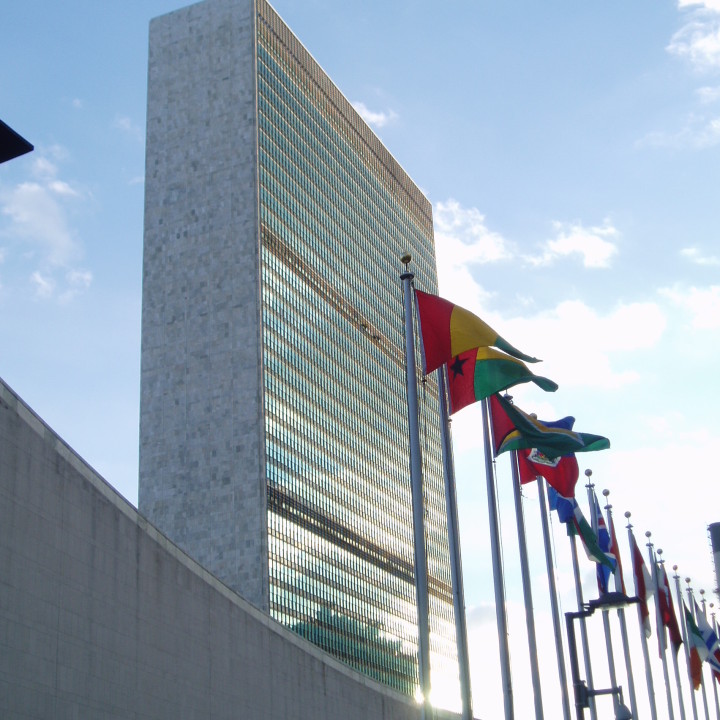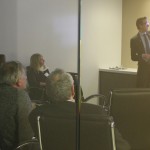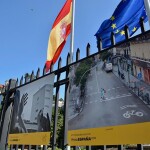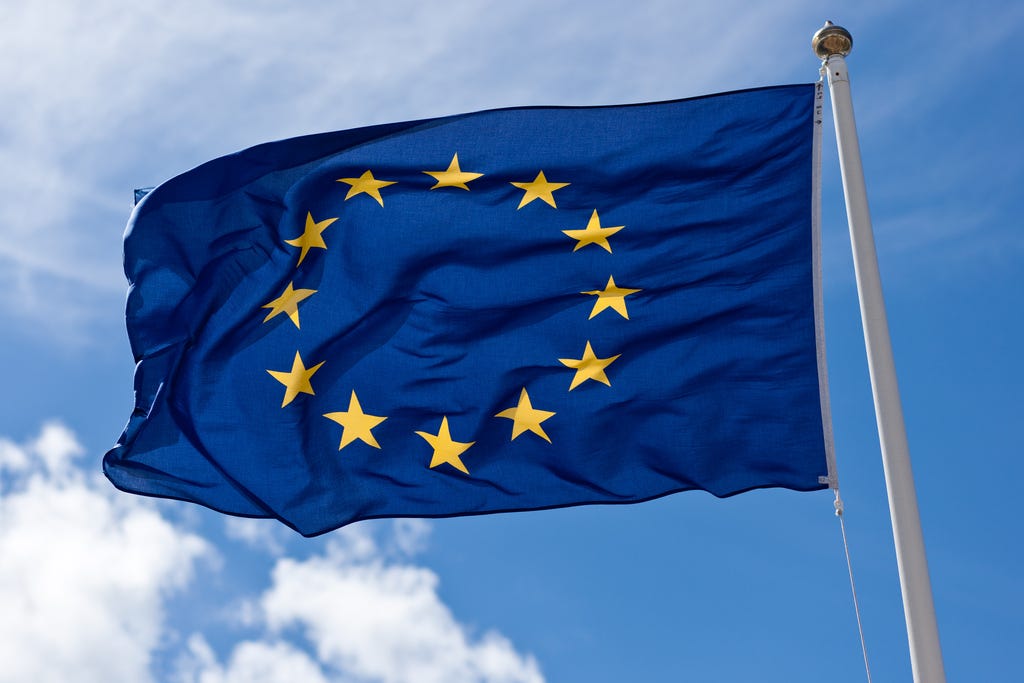 Washington is the quintessential diplomatic town, home to embassies representing nearly every country in the world and most international organizations — including the European Union.
Washington is the quintessential diplomatic town, home to embassies representing nearly every country in the world and most international organizations — including the European Union.
The EU Delegation in Washington represents the interests of the European Union in the United States, in conjunction with the embassies of the 28 member nations. It’s a unique diplomatic entity and one which requires a distinctive approach to public diplomacy communications.
Recently, I spoke with the new counselor overseeing press and public diplomacy for the delegation, Maria Belovas. While she has only recently taken up her new post — she began her new position last month — she comes to D.C. having served as head of communications for the Estonian Foreign ministry and as a diplomat in the Estonian foreign service, with previous assignments in Lisbon, Washington and at headquarters in Tallinn.
Maria provides insights into public diplomacy at an international organization and how technology continues to impact diplomatic engagement — exploring the intersections of communication, international relations and public interest.
What are you most excited about in your new role? How does it feel to be back in Washington?
Maria Belovas: I was in the Estonian Foreign Service for 10 years, three of which I served in the Estonian Embassy in Washington. Now I am a diplomat for the European Union in Washington and it is good to be back and moving forward at the same time. It is an interesting time to be working on the relationship between the United States and the European Union. I’m excited about the prospect of putting myself to the test here, as a diplomat, as a European.
How is public diplomacy different for international organizations than for countries?
MB: In essence, it isn’t. The general idea of public diplomacy is to reach out to local audiences, to explain and promote your views, expand your networks and gain friends — whether you are representing a country or a union of countries.
What are the challenges in equally representing the interests of the EU and 28 diverse member states?
MB: When you represent the EU, you represent the member states. The EU exists because of the member states and at the end of the day they decide the direction of the EU. The challenge is how we coordinate and work together in an optimal way — and the excellent cooperation among member states and the EU here in Washington is actually often singled out.
How has social media changed your role and function in diplomacy?
MB: Digital evolution has been quietly changing the way we communicate, and diplomacy has not been left untouched. 10 years ago, social media was considered a niche project for the junior staff to fiddle with. Today, not even the most conservative of diplomats can ignore the necessity of being social media literate. With a near constant overflow of information, we are all fighting for attention — using a wide range of tools to get through is key.
What do you expect an average day in your position will look like?
MB: I have a great team of people around me, so the expectations are way above average every day. The EU Delegation’s press and public diplomacy efforts cover a lot of ground — everything from traditional media relations, digital communications strategies, to events, speeches, culture and much more. I look forward to diving in.
Scott Nolan Smith is a founder and board member of the Digital Diplomacy Coalition. He is also a Vice President at Clyde Group and consultant to globally minded organizations and governments. He previously served as head of digital at the British Embassy in Washington.
This interview has been lightly edited for clarity. This post originally appeared on the Clyde Group Medium publication.
